Why do schools charge late pick-up fees? What is the maximum fee?
In the 2025-2026 school year, schools from primary to high school will study 2 sessions/day according to regulations of the Ministry of Education and Training .
In terms of time, primary school students study at least 9 sessions/week, no more than 7 periods a day, each period is 35 minutes. With this amount of time, a school day will end at around 3:00-3:30 pm at the latest.
However, most parents can only pick up their children after office hours, commonly from 4:30 pm to 5:00 pm.
Thus, to support parents, the school can add one more lesson outside the regular curriculum or babysit students. Parents can also let their children join art and sports clubs at school.
The choice of form depends on the parents' wishes, registered by the parents with the school, through the homeroom teacher.
For extracurricular classes, the fee is agreed upon by the school and the parents. For after-school childcare services, the fee is determined by the provincial People's Council. In Hanoi , the maximum fee that schools are allowed to charge is 12,000 VND/60 minutes.

In Hanoi, the maximum fee for after-hours student care services is 12,000 VND/60 minutes (Photo: Bao Quyen).
Why do schools insert STEM and English subjects into the official curriculum?
Previously, activities such as STEM and English were extracurricular subjects and could not be included in the regular school schedule without 100% parental consent.
However, since the Prime Minister's Directive on studying 2 sessions/day, the above regulation has changed.
Official dispatch 4567 of the Ministry of Education and Training on the guidance for organizing 2 sessions/day of teaching at the general education level clearly states: Session 1 is the time to implement the general education program with compulsory teaching content to ensure the required requirements are met. Session 2 is the time to organize supplementary educational activities, in addition to the compulsory program content.
In other words, the official curriculum under the new regulations will include 1 session of compulsory curriculum and 1 session of supplementary educational activities.
Teaching time for session 1 and session 2 is flexible in arrangement; session 1 is not fixed in the morning and session 2 is in the afternoon.
For primary school level, the second session will organize consolidation activities for students to complete their learning content, educational activities on culture, arts, STEM/STEAM education, reading culture education, school culture, ethics education, life skills, financial education, digital literacy education, artificial intelligence (AI), foreign languages, etc., to meet the needs, interests, and talents of students.
Thus, from the 2025-2026 school year, according to the regulation on studying 2 sessions/day, subjects/educational activities such as STEM and foreign languages will become the main content of the 2nd session, not the content outside of regular school hours as before.
Schools are allowed to flexibly arrange these subjects in the timetable, in accordance with the school's conditions and teaching plan.
Why do schools have to organize STEM and English teaching?
Also according to the regulation on studying 2 sessions/day, schools must organize educational activities on foreign languages, STEM/STEAM, reading culture, ethics, life skills, arts, sports, financial education, digital literacy education, artificial intelligence (AI)... to help students develop comprehensively.
This means that organizing STEM and English teaching is the school's educational mission.
In the near future, when the project to make English a second language in schools is implemented, schools will have to further increase foreign language lessons.
Why are STEM and foreign languages core curriculum content but parents have to pay?
Official dispatch 4567 of the Ministry of Education and Training clearly states two funding sources to implement two-session/day schooling from the 2025-2026 school year: one is the local budget, the other is socialization.
In the implementation organization section, the Ministry of Education and Training also requested the Departments of Education and Training to advise the Provincial People's Committees to direct departments, branches and sectors to coordinate to "mobilize resources from the whole society to participate in organizing 2-session teaching/day", ensuring suitability with the actual conditions of each locality.
At the same time, the Ministry emphasized promoting socialization, encouraging and creating conditions for organizations and individuals to contribute and invest resources in education to support the organization of teaching 2 sessions/day to ensure practicality, efficiency, publicity and transparency.
Thus, in addition to local budget support, the school still needs socialization from parents to be able to implement 2-session/day learning.
When there are not enough resources and teachers to carry out educational activities in session 2, the school can cooperate with private units to implement some contents such as STEM and foreign languages.
Why does Hanoi offer free meals but students still have to pay for boarding?
Meal fees and boarding fees are two completely separate fees in schools that operate two sessions per day.
Accordingly, meal expenses are the cost of food that makes up the student's boarding meals.
Boarding fees are the costs for services to organize boarding activities including meals and accommodation. These services will have different names and different fees depending on the locality, but in general, there will be items such as: equipment, facilities for boarding services, boarding supplies (bowls, chopsticks, blankets, mosquito nets, etc.); boarding service, management, cleaning and care; personal items for boarding students, etc.
In Hanoi, the fee set by the city is 235,000 VND/month/student for boarding care services and 133,000 VND/year/student for boarding equipment services for primary and secondary school students.
In Ho Chi Minh City, the city stipulates the maximum level for boarding services, management and cleaning for primary school students is 350,000 VND/month/student.
From the 2025-2026 school year, Hanoi will support boarding students with meals, meaning that students will be exempted from paying for meals. Boarding fees are not included in the support category.
Source: https://dantri.com.vn/giao-duc/5-hieu-lam-cua-phu-huynh-ve-chinh-sach-hoc-2-buoingay-20251102225043669.htm


![[Photo] Ca Mau "struggling" to cope with the highest tide of the year, forecast to exceed alert level 3](https://vphoto.vietnam.vn/thumb/1200x675/vietnam/resource/IMAGE/2025/11/04/1762235371445_ndo_br_trieu-cuong-2-6486-jpg.webp)

![[Photo] The road connecting Dong Nai with Ho Chi Minh City is still unfinished after 5 years of construction.](https://vphoto.vietnam.vn/thumb/1200x675/vietnam/resource/IMAGE/2025/11/04/1762241675985_ndo_br_dji-20251104104418-0635-d-resize-1295-jpg.webp)
![[Photo] Ho Chi Minh City Youth Take Action for a Cleaner Environment](https://vphoto.vietnam.vn/thumb/1200x675/vietnam/resource/IMAGE/2025/11/04/1762233574890_550816358-1108586934787014-6430522970717297480-n-1-jpg.webp)
![[Photo] Comrade Nguyen Duy Ngoc holds the position of Secretary of the Hanoi Party Committee](https://vphoto.vietnam.vn/thumb/1200x675/vietnam/resource/IMAGE/2025/11/04/1762234472658_a1-bnd-5518-8538-jpg.webp)

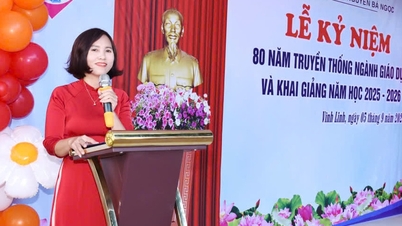



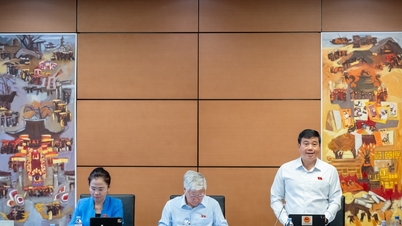

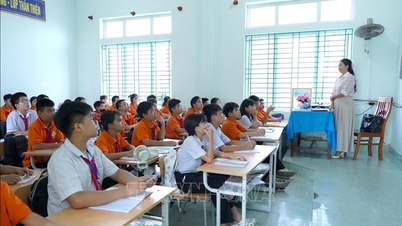

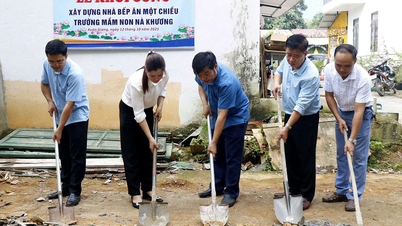








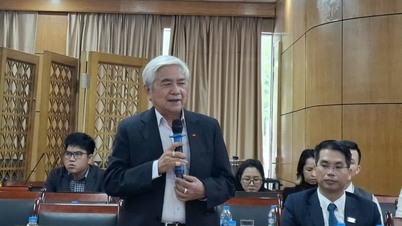
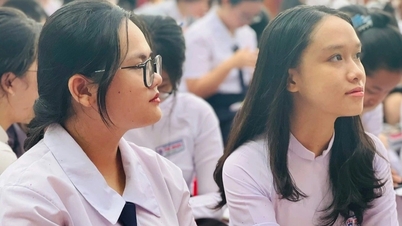
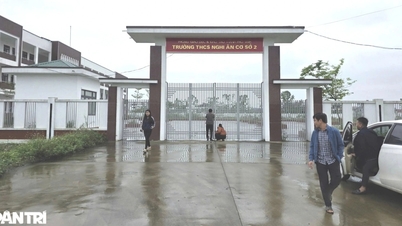






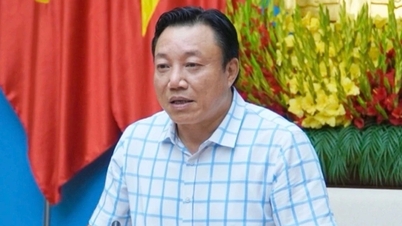
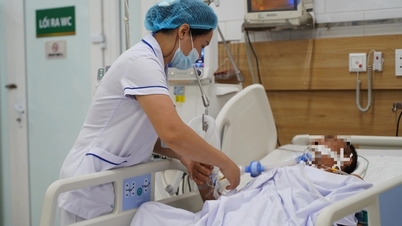
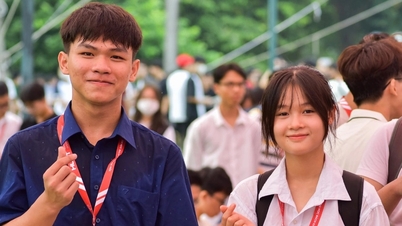































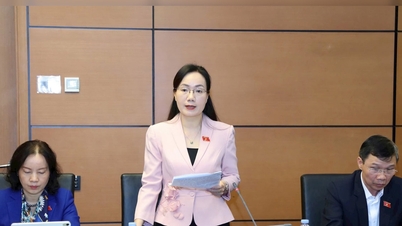
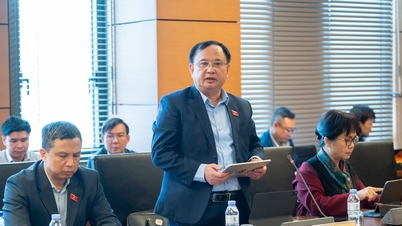

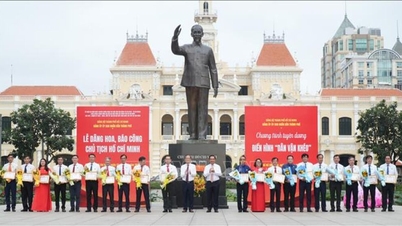












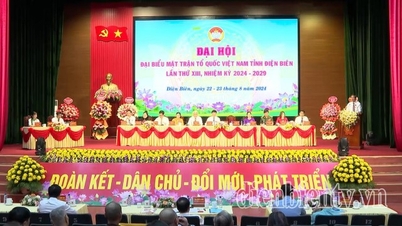
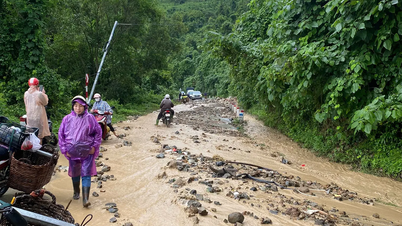

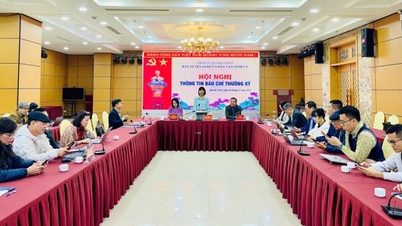
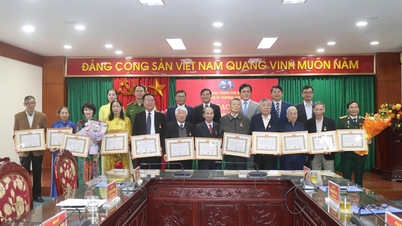

















Comment (0)